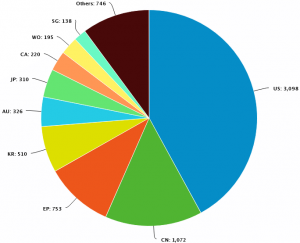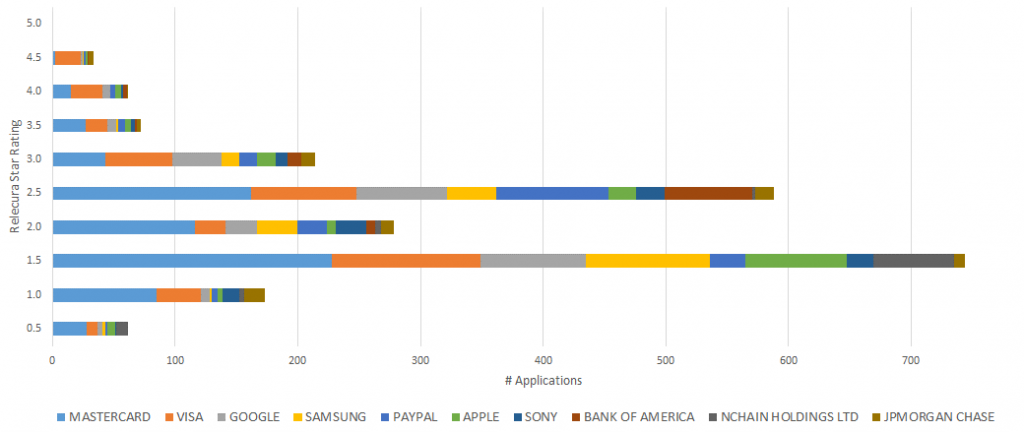
Technology has changed the way we interact with money. With the inception of Internet banking and the rise of digital wallets, consumers can conduct financial transactions with the tap of a finger. Digital wallets are one of the vital components that drive the growth of e-commerce. PayPal was the de facto digital wallet for eBay, the first major online marketplace, in the early 2000s. Amazon launched its one click digital payment system in 2006 which provided a more user-friendly and convenient digital wallet to its customers. In recent years, many digital wallets have emerged with companies such as Apple, Samsung, Google, Visa and Microsoft building their own digital payment solutions.
A digital wallet is a software application that allows consumers to make electronic payments without requiring physical cash or cards. It offers the consumer the ability to carry out person-to-person payments (P2P), in-app or online purchases, and physical store payments using a smartphone – along with balance-inquiry and other functions.
A McKinsey report recorded that global payments revenues reached $1.9 trillion in 2017, out of which digital wallets were estimated to have added approximately 40 billion to global payments revenues in 2017. In this article, we take a look at the technology and patenting trends related to digital wallets.
Technology Trends
The use of digital wallets has been rising in the recent years. Figure 1 shows the growth in patent publications over the last decade. A surge in the growth of published patents has been seen post-2014.
Some of the key players in the digital wallet market include MasterCard, Visa Inc., Samsung Electronics Co., Ltd., Microsoft, Alphabet, Apple Inc., PayPal, and the Bank of America. The United States has seen the maximum number of published patents in digital wallets, as seen in Figure 2. The European Patent Office and China have also seen a significant number of patent filings.
Figure 3 gives the breakup of patents based on the Relecura Star Rating, for the key companies holding patent assets in digital wallet technologies. Typically, a patent with a Relecura Star Rating of 3 or more is deemed as one of high-quality. The Relecura Star rating ranks each patent on a scale of five. It is a proprietary composite metric incorporating multiple criteria. The metric combines different technology, business, and litigation related factors.
While a major portion of Mastercard’s portfolio falls under the average star rating of 1.5, it owns a considerable number of patents with a higher Star Rating as well. Similarly, Visa, Google and PayPal are observed to own a fair proportion of high quality patents in their portfolios.
An increasing number of companies are developing innovative solutions to make digital payments more convenient and faster for the consumer. With an ever-expanding mobile and Internet penetration, the adoption of digital wallets is bound to increase in the near future.












